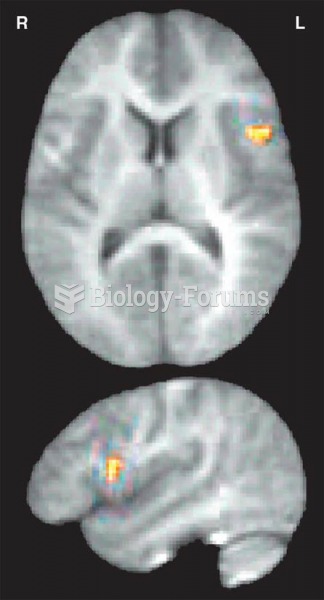|
|
|
The human body's pharmacokinetics are quite varied. Our hair holds onto drugs longer than our urine, blood, or saliva. For example, alcohol can be detected in the hair for up to 90 days after it was consumed. The same is true for marijuana, cocaine, ecstasy, heroin, methamphetamine, and nicotine.
Blood in the urine can be a sign of a kidney stone, glomerulonephritis, or other kidney problems.
The B-complex vitamins and vitamin C are not stored in the body and must be replaced each day.
Amphetamine poisoning can cause intravascular coagulation, circulatory collapse, rhabdomyolysis, ischemic colitis, acute psychosis, hyperthermia, respiratory distress syndrome, and pericarditis.
If you could remove all of your skin, it would weigh up to 5 pounds.







